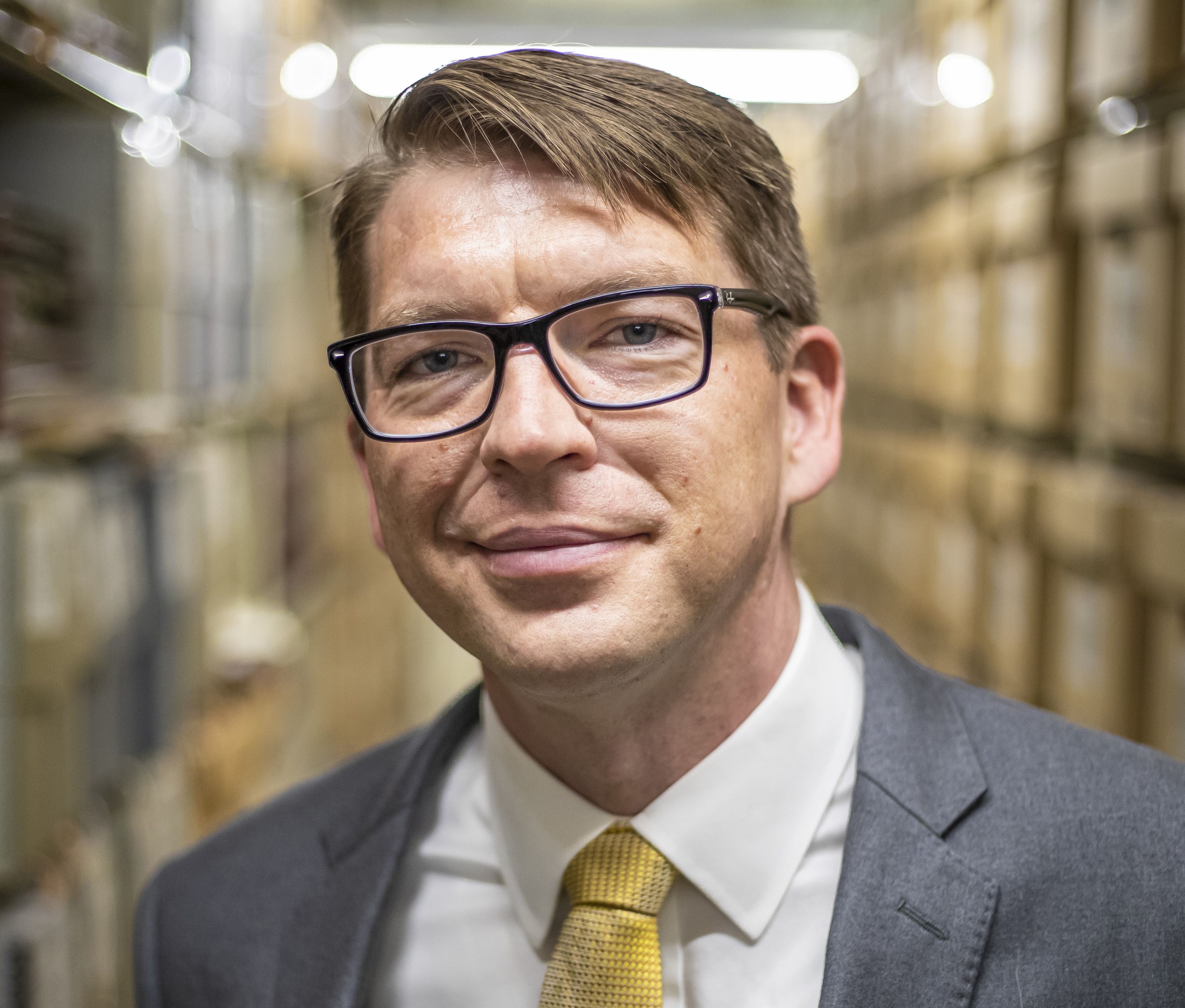Feeling monitored, monetized and perhaps manipulated? An academic library can help
There is amazing energy around the University of Idaho as we welcome our returning students and celebrate new additions to the Vandal family. The UI Library is once again full of students studying, socializing and making use of our many resources and services.
As an academic library, we are focused on connecting our students to high quality resources, helping them find community and lowering the cost of attending college through our open educational resources and library reserves programs. We’re also deeply invested in training students to be better researchers and savvier consumers of information.
Giving our students tools and skills to better navigate the information they encounter becomes more important every year. All of us work, play, shop, communicate with family members and friends, check the news and even just walk around town with our phone in our pocket. These activities all are monitored, monetized and manipulated by entities that try to alter our behavior for their own benefit. The sheer volume of information, misinformation, disinformation, marketing and advertising that we encounter daily is exhausting and our resulting fatigue and confusion makes us more susceptible to confuse fiction for fact and lies for truth. As educators, we want to equip our students to fully understand the information environment in which we all live.
The good news is that teaching students to be more sophisticated consumers of information works. A recent study published in Science Advances found that basic training in spotting and understanding online misinformation techniques significantly improved subjects’ ability to recognize when they were being manipulated. Strategies such as scapegoating, ad hominem attacks, and emotionally manipulative language just aren’t as effective when people realize what is happening.
As experts in information and research, academic librarians have taken a leading role in teaching students about different ways to evaluate information and identify misinformation and disinformation. For example, last year in this column, librarians from the UI described the “lateral reading” technique taught by many academic librarians to evaluate information, and the well-known fact-checking website Snopes.com interviewed Diane Prorak, one of our librarians at UI, about battling misinformation: snopes.com/articles/440697/fact- checking-with-librarian. Recently, we have introduced a new way to teach our students how these techniques can be applied in a variety of different contexts.
The UI Library’s “Exploring the Information Landscape” workshop series, open to all students, is specifically targeted at our first- and second-year students. Librarians have developed a variety of workshops addressing topics such as NFTs, cryptocurrency, online shopping, finding great places for outdoor fun, money management for college students, flat Earth theory, influencer culture and how theweb works.
What brings this seemingly random assortment of topics together is every one of them requires navigating the complex and dense web of information we all face every day. While trying to find a nearby hiking spot and deciding whether to invest in cryptocurrency don’t seem similar on the surface, they’re both likely to involve looking online for information while almost certainly having your activity closely tracked via cookies and other means. This tracking gathers information that contributes to a profile of your online behavior that can be sold to corporations and others who may use it for their own purposes, such as to try to sell you products or get you to vote a certain way based on your interests.
Online, we are monitored, monetized, and manipulated — but if you know what’s happening, you can take control.
A university education trains students to be experts in one or more subjects while also providing them with a broad base of knowledge and skills that equip them to be informed and engaged citizens. Academic libraries specialize in helping our students find and use information, and in today’s world, this preparation is more essential than ever.
Hunter is the dean of the University of Idaho Libraries.








